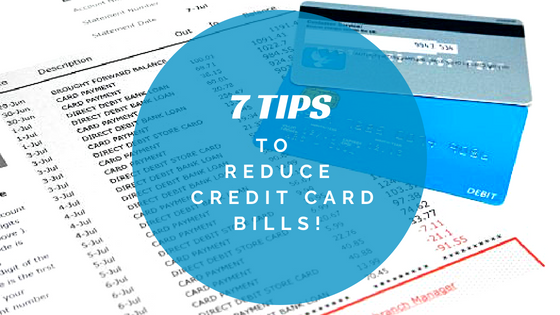For a new business just fresh out of the concept stage, there’s a lot of excitement ahead. However, there are often troubles on the horizon, and these tend to revolve around money issues. Finance streams may be in place when the business is first created, for example, but they can quickly dry up as time goes on. It’s expensive to hire staff, and this can often push a firm well into the problem zone. Here are some ways that new businesses can get around these problems.
No finance streams :
When a new business first launches, it’s usually the case that there’s some form of finance behind it – at least for a short time. The entrepreneur themselves might be financing it from savings, for example, while there may also be an investor. The long-term plan is usually to have incoming cash replace this stream once it dries out – but revenues and profits don’t come overnight, and in fact, they often don’t materialize for a long time.
Instead of relying on external finance providers, it often makes sense for a new business to be “bootstrapped”. Bootstrapping essentially means cutting down costs until you reach a stage where you have the funds to raise them back up. Instead of hiring an office space, for example, why not knuckle down and work hard in your spare room until you have enough – or almost enough – sustainable income to pay for a desk somewhere? It may be tough doing this sort of thing at first, but it could be the difference between business survival and failure.
Staffing costs :
In a bygone age of manufacturing and industry, the main cost that businesses faced was equipment. This also tended to be where companies made cutbacks when times were hard, either by downsizing their factories, leasing out their equipment or something similar. However, for many modern American businesses, the main cost is staff.
Staff members are, in general, expensive. Some, such as coders and executives, command high salaries that can quickly drain a firm’s budget. Even when a person is hired on a lower salary, there are plenty of extra considerations to take into account, which can make the hire expensive: from the additional insurance premium that a firm might need to pay on their office space to the additional computer and desk space that the staff member might need, the costs can mount up.
It makes sense for many firms to hire contractors instead of as they come with far fewer financial responsibilities for the firm – and the arrangement gives both parties the flexibility to move on if needed. With umbrella companies available to manage the tax side of contractor pay, there’s no need to worry about the effect that it might have on your HR or accounting departments either.
Running a new business is exhilarating in some ways, but it also comes with its problems. Finance is almost always the big one – and from large staffing costs to dried-up finance streams, there’s a lot that can go wrong. However, by focusing on finance methods such as bootstrapping and choosing contractors instead of employed workers, there are ways that you can get that profit and loss sheet under control and move towards a more sustainable financial future for your business.
Read Also :






















